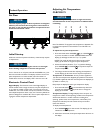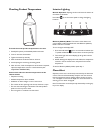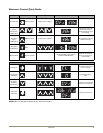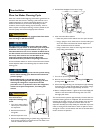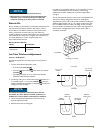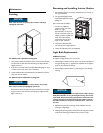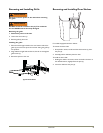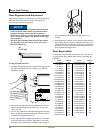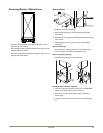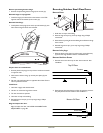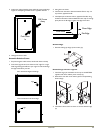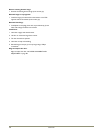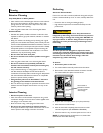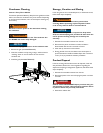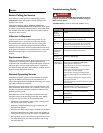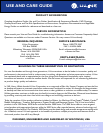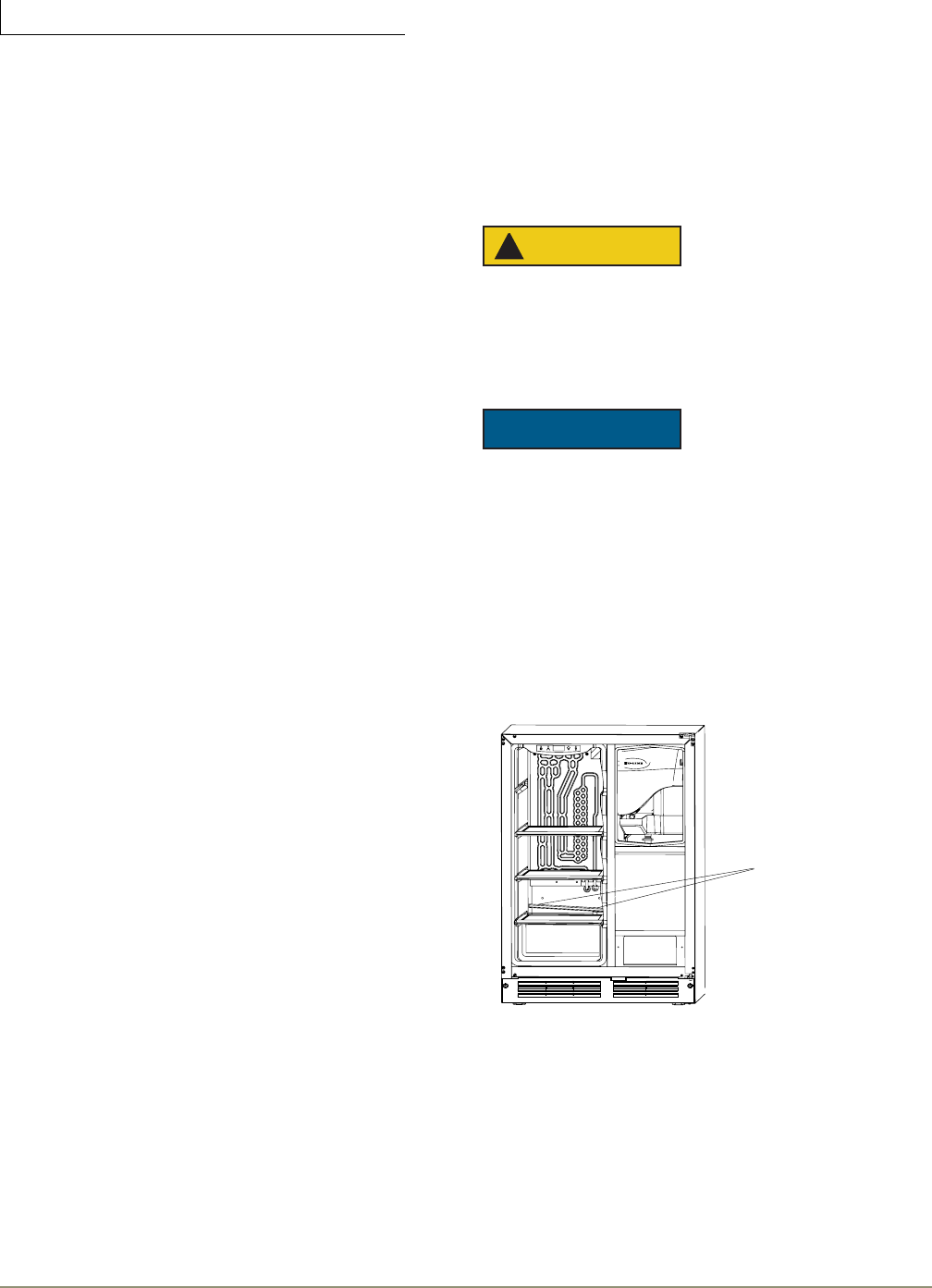
u-line.com 15
.
Exterior Cleaning
Vinyl Clad (Black or White) Models:
• Clean surfaces with a mild detergent and warm water solution.
Do not use solvent-based or abrasive cleaners. Use a soft
sponge and rinse with clean water. Wipe with a soft, clean
towel to prevent water spotting.
• Clean any glass surfaces with a non-chlorine glass cleaner.
Stainless Models:
• Stainless door panels, handles and frames can discolor when
exposed to chlorine gas, pool chemicals, saltwater or cleaners
with bleach.
• Keep your stainless unit looking new by cleaning with a good
quality all-in-one stainless steel cleaner polish monthly. For best
results use Claire® Stainless Steel Polish and Cleaner, which can
be purchased from U-Line Corporation (Part Number 173348).
Comparable products are acceptable. Frequent cleaning will
remove surface contamination that could lead to rust. Some
installations may require cleaning weekly.
• Do not clean with steel wool pads.
• Do not use stainless steel cleaners polishes on any glass
surfaces.
• Clean any glass surfaces with a non-chlorine glass cleaner.
• Do not use cleaners not specifically intended for
stainless steel on stainless surfaces (this includes glass,
tile and counter cleaners).
• If any surface discoloring or rusting appears, clean it quickly
with Bon-Ami® or Barkeepers Friend Cleanser® and a
nonabrasive cloth. Always clean towards the grain. Always finish
with Claire Stainless Steel Polish and Cleaner or comparable
product to prevent further problems.
• Using abrasive pads such as ScotchBrite™ will cause
the graining in the stainless to become blurred.
• Rust not cleaned up promptly can penetrate the surface of the
stainless steel and complete removal of the rust may not be
possible.
Interior Cleaning
• Disconnect power to the unit.
• Clean the interior and all removed components using a mild
nonabrasive detergent and warm water solution applied with a
soft sponge or non-abrasive cloth.
• Rinse the interior using a soft sponge and clean water.
• Do not use any solvent-based or abrasive cleaners.
These types of cleaners may transfer taste and/or odor to the
interior products and damage or discolor the interior.
Defrosting
Automatic Defrost Models
Frost on the rear wall is normal and will melt during each off cycle.
If there is excessive build-up of 1/4" or more, manually defrost the
unit.
• Ensure the door is closing and sealing properly.
• High ambient temperature and excessive humidity can also
produce frost.
CAUTION
!
DO NOT use an ice pick or other sharp instrument to
help speed up defrosting. These instruments can puncture
the inner lining or damage the cooling unit. DO NOT use
any type of heater to defrost. Using a heater to speed up
defrosting can cause personal injury and damage to the
inner lining.
NOTICE
The drain pan was not designed to capture the water
created when manually defrosting. To prevent water from
overflowing the drain pan, place towels or other absorbent
materials over the interior drain trough, under the
evaporator (1), before defrosting.
To d e fro s t :
1. Disconnect power to the unit.
2. For combo models remove all products from the interior.
3. Place towel or other absorbent material on bottom of ice bin.
For combo models, also place in bottom of unit.
4. Prop the door in an open position (2 in. (5cm) minimum).
5. Allow the frost to melt naturally.
6. After the frost melts completely clean the interior and all
removed components. (See INTERIOR CLEANING)
7. When the interior is dry, reconnect power and turn unit on.
NOTE: To safeguard against contaminates in ice, discard first
three batches of ice after defrosting.
Cleaning
Place towels or
absorbent materials
over the interior
drain trough



